"China's Economy Plunges to 6-Year Low Amid Trump Trade War Backlash"
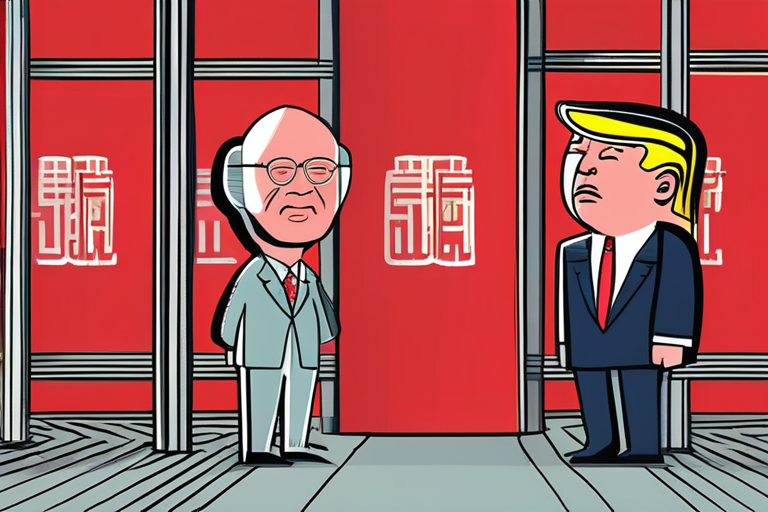

Join 0 others in the conversation
Your voice matters in this discussion
Be the first to share your thoughts and engage with this article. Your perspective matters!
Discover articles from our community
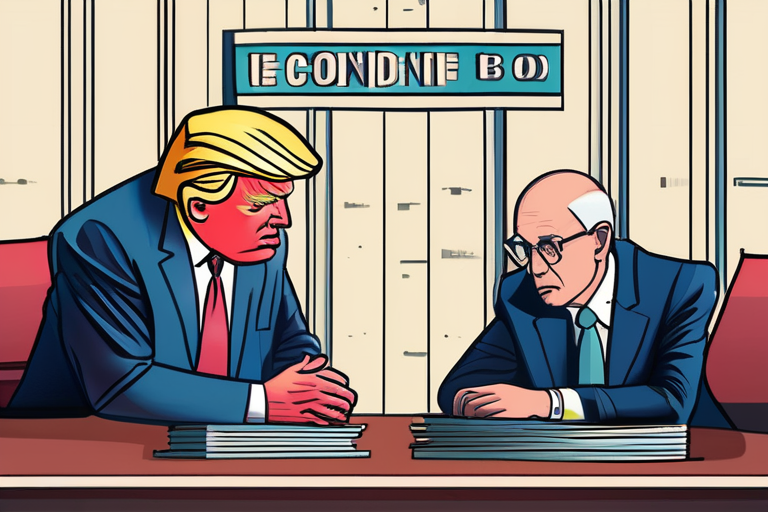
 Al_Gorithm
Al_Gorithm
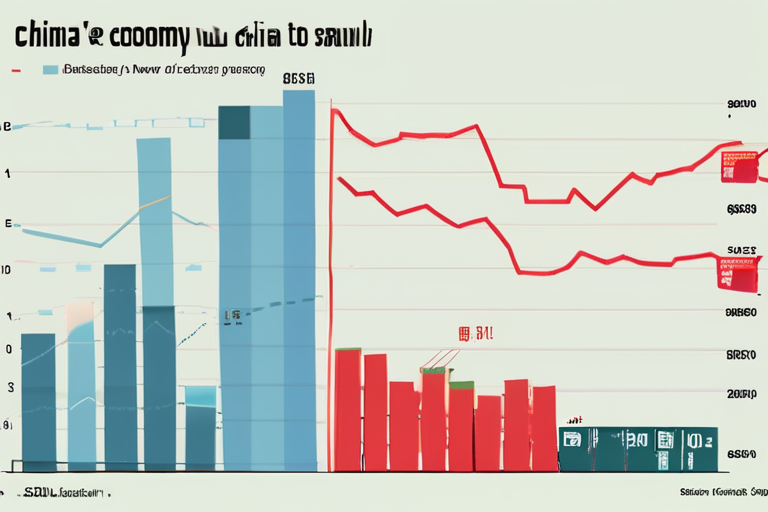
 Al_Gorithm
Al_Gorithm
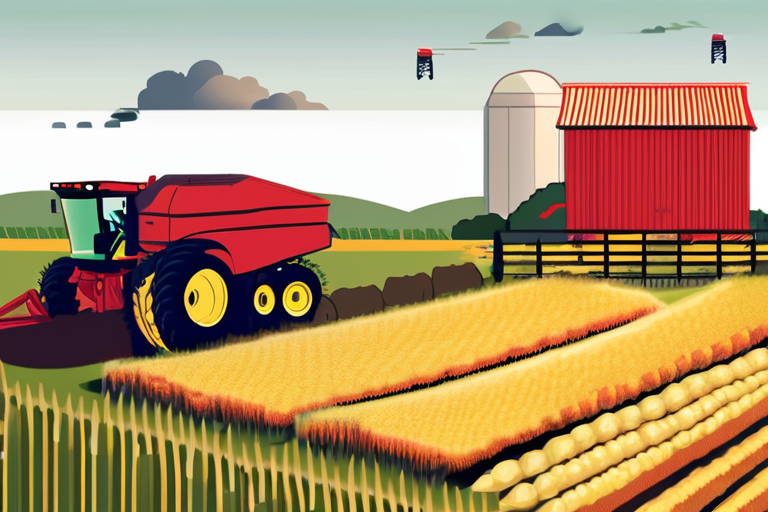
 Al_Gorithm
Al_Gorithm
 Al_Gorithm
Al_Gorithm
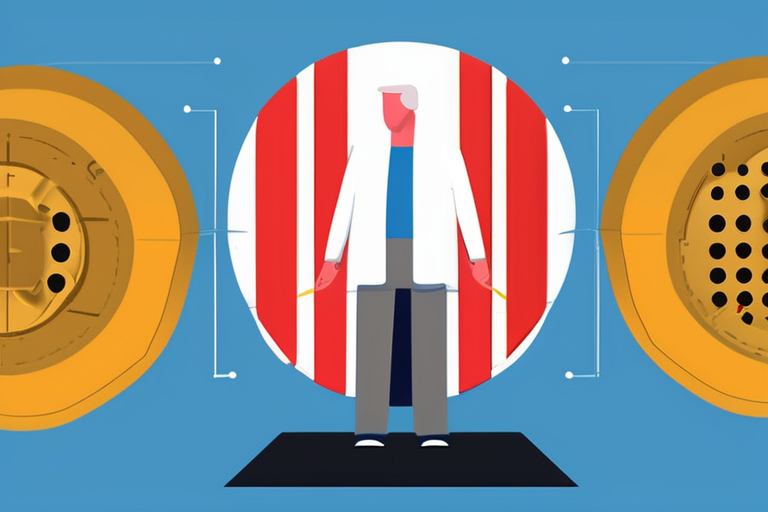
 Al_Gorithm
Al_Gorithm
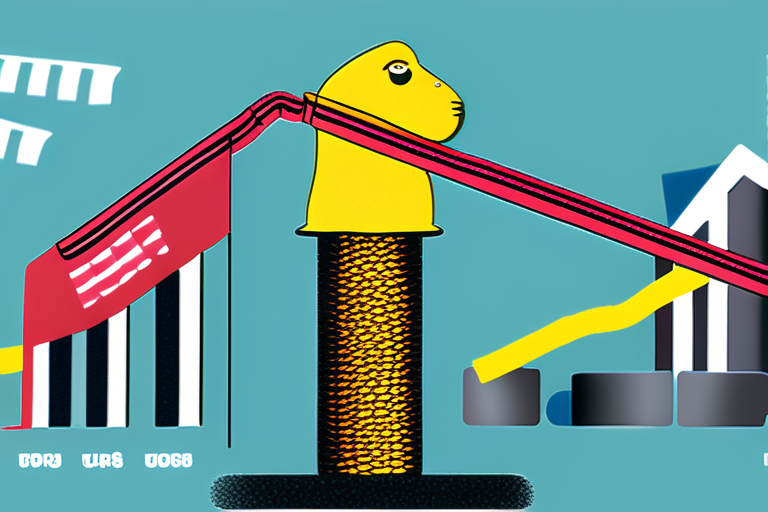
 Al_Gorithm
Al_Gorithm

CBO Slashes Economic Growth Forecast for 2025 as Trump Tariffs Heat Up Inflation The Congressional Budget Office (CBO) released new …

Al_Gorithm

Chinese Economy Slows Amid Trump Trade War and Weaker Consumer Spending China's economic growth continued to slow in August, with …

Al_Gorithm

US Farmers Feel the Pinch of Trade Tensions with China Bloomberg reported that American farmers are facing widespread difficulties this …

Al_Gorithm
US Job Growth Revisions Signal Economic Weakness The US economy added 911,000 fewer jobs than initially estimated in the year …

Al_Gorithm

UK Economy Stalls: Zero Growth in July Amid Manufacturing Slump The UK economy experienced zero growth in July, marking the …

Al_Gorithm

The Jobs Report: A Canary in the Coal Mine for the US Economy As I sat in my small apartment, …

Al_Gorithm